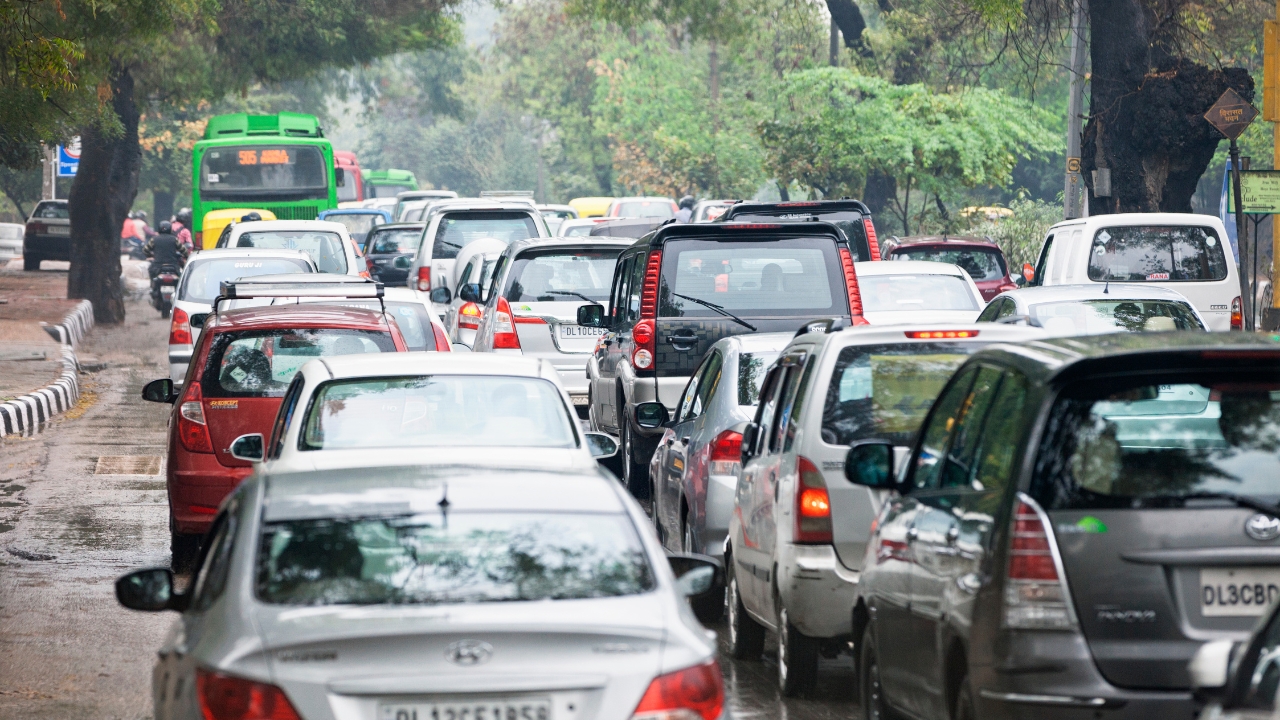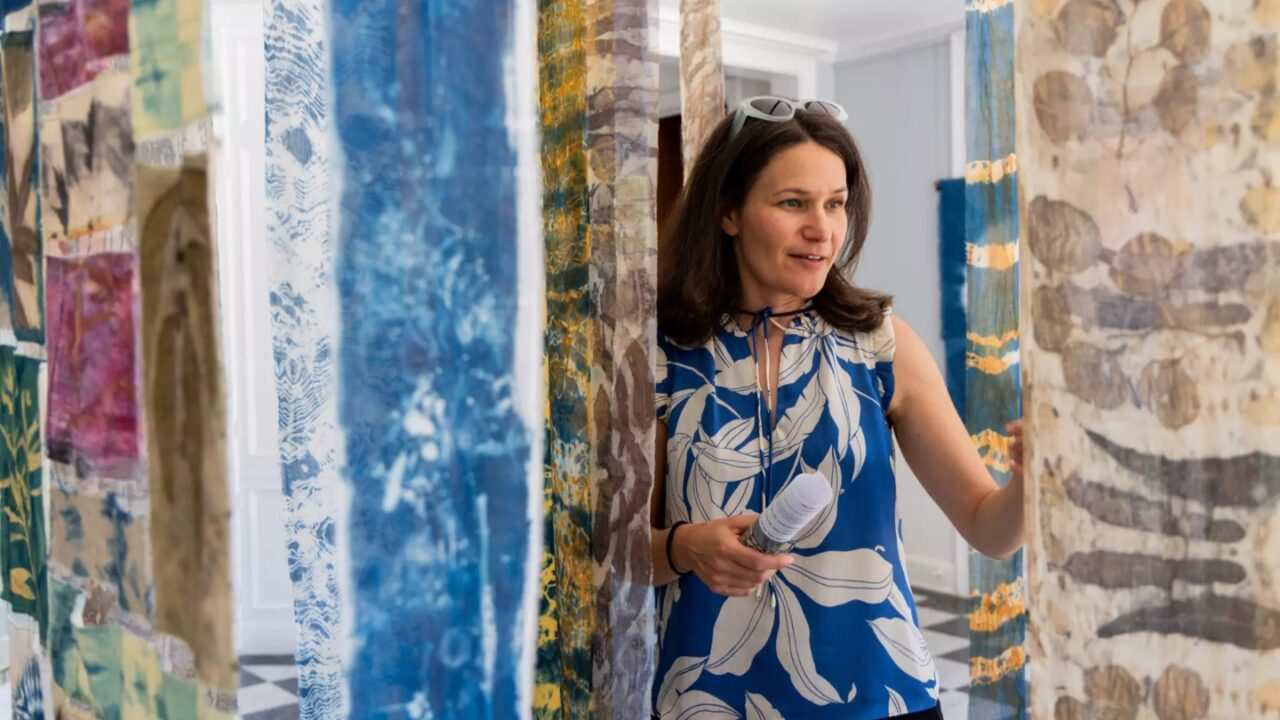
We dream big, but start small
Growing up female in a conservative, patriarchal society influenced everything I did and the choices I made in life. Growing up, I liked doing “boys” things — climbing trees, exploring the woods, swimming rivers and riding my bicycle through the neighborhood. I didn’t know those were things designated for boys because my parents never differentiated our responsibilities based on gender. In our house, everyone was expected to achieve the highest level of education possible while also helping with domestic chores. The same rules applied to my father: he got a Ph.D., served as a parliamentarian for two terms, and was still responsible for cooking and cleaning in a similar amount as my mother.
Things were different outside my home. I was often told I shouldn’t do certain things because I am a girl. The emphasis on maintaining dignity, respect and virginity that I received as an adolescent girl felt rather disorientating. I was told that I must always listen to the adults around me, that I must cover myself, that I must not debate others. I was told that I am too opinionated and that’s not a good feminine quality. I got confused. Is feeling ambitious something negative? Is wanting to chart my own path something I should not do? School and society taught me to be insecure about myself, my dreams and my decisions.
Towards my last year of high school, I fell in love — not with a person, but with an ecosystem. When I went snorkeling for the first time and witnessed the beauty of the underwater world with my own eyes, it was breathtaking. That was one moment I felt like I belonged, and it was the moment I decided that I would be a marine biologist so I could do this for the rest of my life. Soon after I graduated from university as a marine biologist, I came back to the very same spot where I first fell in love with the ocean. I was heartbroken, devastated and upset to see the colorful reefs had turned white, and then turned into rubble. The plethora of colorful fish was largely replaced by black sea urchins. I looked around the village of Iboih for a cause of this destruction, but I didn’t see any large-scale development that could destroy the reef. I didn’t see a golf-course, mine or plantation that could send run-off to sea. All I saw was a small tourism operation and news about the recent El Nino. I felt defeated before I had a chance to put up a fight. This is a small village who managed their fishing and business somewhat sustainably, but it couldn’t win against climate change.
Being young and inexperienced, I didn’t know what to do. I thought I needed help and guidance, and I definitely needed hope. I thought conserving and protecting forests would be easier, that you’d simply need to put a fence around them and they would be fine and well. How naïve and wrong I was. On my first day as a forest conservationist in the Leuser Ecosystem, I went into the forest and I met my first wild orangutan, a mother and a baby swinging through the canopy, observing us as we’re observing them. Thinking that we’re so similar, but our species could decide the fate of their species. I was in love again.
Despite having my dream job, one thing that didn’t change was my reality as a woman in conservative, patriarchal society — the only province in Indonesia where sharia’ law applied to the population. I remembered being in a government meeting, arguing against a permit for pulp and paper company that would have destroyed vast tracts of forest. After I finished my sentence, the only response I received was “I worry about your hair, why aren’t you wearing headscarf?” I realized that the only reason I got this question is because I am a woman.
Women make up half of the global population, yet only a small fraction sit at decision-making tables. And the conservation movement is no different. As a woman in a leadership position, the doubt, the snark and the sexist comments thrown at me have been unfortunate, but they taught me a valuable lesson and strengthened my resolve.
My work evolved over the years as forest conservation issues are many: from poaching, illegal logging to not so illegal infrastructure encroachment of big business palm oil and government roads. Early on, our organization focused on taking a palm oil company to court for burning forest, followed by a public campaign to strengthen the legal protection of the Leuser Ecosystem through the Aceh spatial plan. In those years, we scored important victories as the lawsuit we pushed together with the Ministry of Environment and Forestry led to an unprecedented ruling that required the palm oil company to pay a fine for environmental damages they have caused.
These victories are important but they are not enough. As I got deeper into conservation, I realized that if we want to make conservation work, we must involve the people living within and around it, the forest community. At this level, there are layers of complexities: gender inequalities, limited economic opportunities and lack of access to basic services such as education and health.
As a result, our job became more complex than just lobbying government officials and suing them in court. Yes, we are still doing that. But now, we seek to shift the system and make conservation and economic growth better aligned. We dream big, but start small — we invest time and energy to develop forest protection and economic development on the village level, then we initiate Indonesia’s first women-led ranger team. Although this initiative is still in its infancy, we already see initial shifts in the village. Women have begun to take part and engage in village policy and budget decisions, and the women ranger team provides an important avenue for local women leaders to thrive.
My dream is to see conservation and economic development happen hand-in-hand at the local level, with meaningful participation from everyone in the village, man and woman. My dream is that one day, the community and local politicians will choose the path of conservation as an integrated part of their economic development because it makes sense. It makes sense to protect wildlife and biodiversity, it makes sense to protect life and livelihood, and it makes sense to lift up communities to reclaim their seat at the table.
Farwiza Farhan is a finalist for the 2021 Pritzker Emerging Environmental Genius Award. Join us on November 18 when we’ll hear from the finalists and announce a winner.



